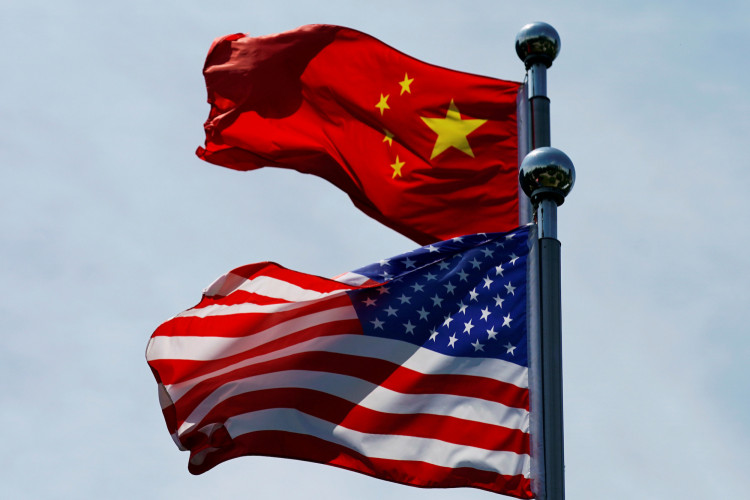The semiconductor industry, a cornerstone of modern technology, is witnessing a challenging dynamic between the United States and China. Amidst this complex geopolitical landscape, Brite Semiconductor, a Chinese chip design firm, has emerged as a focal point, showcasing the intricate and often convoluted interplay between U.S. regulations and Chinese technological ambitions.
Founded in 2008, Brite Semiconductor has established itself as a significant player in the chip design industry. Its connection with SMIC (Semiconductor Manufacturing International Corporation), a major Chinese chipmaker on the U.S. Entity List, adds a layer of complexity to its operations. Despite these associations, Brite has maintained access to critical U.S. technology and capital, navigating the regulatory maze with strategic acumen.
The U.S. has been vigorous in its efforts to contain the flow of sensitive technology and investment to China's burgeoning chip sector. This has included adding numerous Chinese companies to the Entity List and unveiling rules to halt certain U.S. exports of chips and chipmaking tools to China. Brite's ongoing relationships with U.S. firms and access to American technology, despite these stringent measures, underscore the challenges facing Washington's bid to protect its technological prowess.
Brite's financial ties extend to American soil, with backing from a U.S. venture capital firm partly funded by Wells Fargo and Biola University. This connection raises questions about the effectiveness of the U.S. strategy in preventing American capital from indirectly supporting Chinese military advancements. Furthermore, Brite's continued use of software from California-based Synopsys and Cadence Design, crucial for chip design, highlights the complexities in completely severing technological ties between the U.S. and Chinese tech sectors.
Senator Marco Rubio, a prominent critic of China's technological advances, has voiced concerns over companies like Brite Semiconductor accessing American technology and investment. He emphasizes the need for a more cohesive and effective approach to U.S. export controls and investment restrictions. Rubio's comments reflect a growing sentiment in U.S. political circles about the need to reassess and possibly tighten policies governing tech trade with China.
The case of Brite Semiconductor is more than just a business story; it's a reflection of the ongoing tussle for technological supremacy between the U.S. and China. It highlights the need for more nuanced and effective strategies in regulating the flow of technology and capital in the global semiconductor industry. The situation also raises broader questions about the future of the sector and the geopolitical implications of technological interdependence.
As the U.S. continues to refine its approach to managing technological exports and investments, companies like Brite Semiconductor will remain at the forefront of this global tug-of-war, testing the boundaries of policies and the resilience of global tech alliances.





